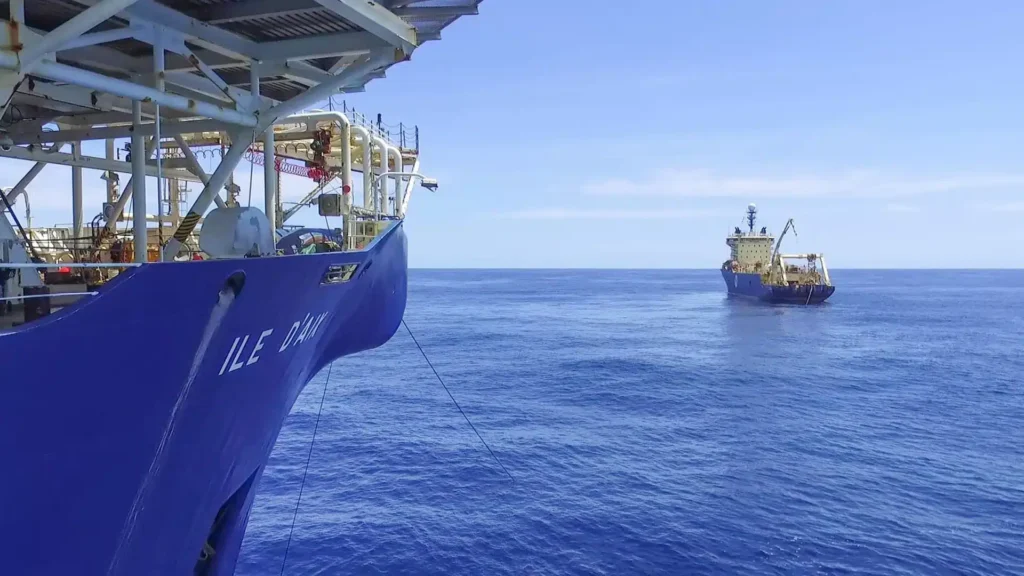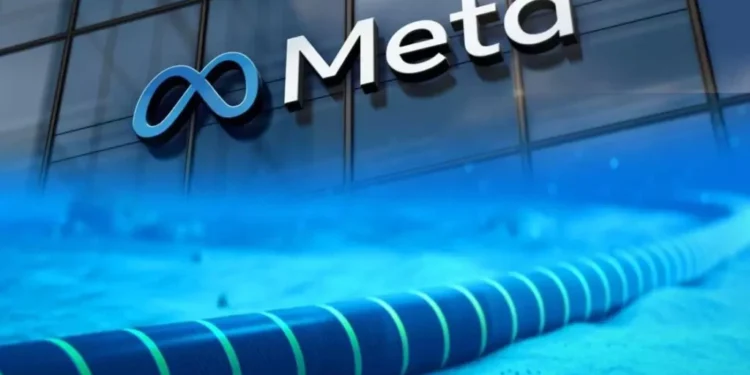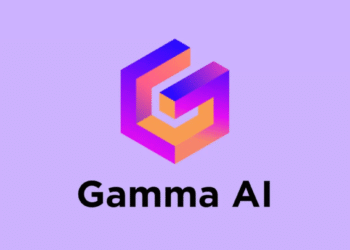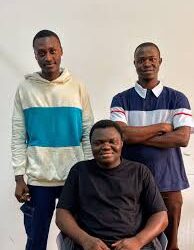Meta’s Project Waterworth: The World’s Longest Undersea Internet Cable
Big Tech is racing to expand global internet infrastructure, and Meta is making a major move. The company is launching Project Waterworth, the world’s longest undersea internet cable. Spanning 50,000km, this massive project will connect five continents, including Africa, with a key landing station in South Africa.
Faster, More Reliable Internet for Millions
Meta aims to improve internet access in key regions like the US, India, Brazil, and South Africa. The company is investing billions to boost digital inclusion, support economic growth, and fuel tech innovation.
What makes Project Waterworth stand out? Its 24 fibre pairs, a significant upgrade over most existing undersea cables. Meta also plans to bury the cable deeper in high-risk zones, reducing damage from ship anchors and other hazards.
Africa’s Internet Infrastructure is Expanding
This isn’t Meta’s first foray into undersea cables. The company co-developed 2Africa, a 45,000km cable connecting Africa, Europe, and Asia. With Project Waterworth, Meta further cements itself as a key player in Africa’s telecom space.
But Meta isn’t alone in this race. Google is developing Umoja, the first fibre-optic cable linking Africa and Australia. Unlike Meta’s cable, Umoja has a land-based route passing through Kenya, Uganda, Rwanda, and Zambia before reaching the Indian Ocean. Google also launched Equiano in 2022, connecting South Africa to Europe and already improving internet speeds in multiple African countries.

The Impact on Businesses and Everyday Users
For South Africa, Project Waterworth could mean faster speeds, lower latency, and more affordable data. Streaming, online gaming, and remote work will likely improve. Businesses relying on cloud computing and international data transfers will benefit from more stable connections.
Beyond convenience, better connectivity can drive economic growth. More stable networks attract tech investments, empower startups, and expand digital services in underserved regions.
The Bigger Picture: AI, Privacy, and Control
Meta’s investment in undersea infrastructure isn’t just about internet access. The company is also ramping up its AI ambitions, hiring more machine learning engineers after recent layoffs. More data capacity means stronger AI development, positioning Meta as a leader in the tech space.
However, with big tech controlling global connectivity, concerns around data privacy, competition, and pricing fairness are rising. Governments and regulators will need to balance these advancements with consumer protection and fair market practices.
When Will Project Waterworth Go Live?
The exact timeline for Project Waterworth remains unclear. But one thing is certain—Africa’s digital future is looking brighter. With increased investments in undersea cables, the continent is on track for better, more reliable internet access in the coming years.
READ MORE:
Transmit Partners with Suss Ads to Revolutionize Advertising in Africa
Nigeria to tax cryptocurrency transactions as government tightens digital asset rules




